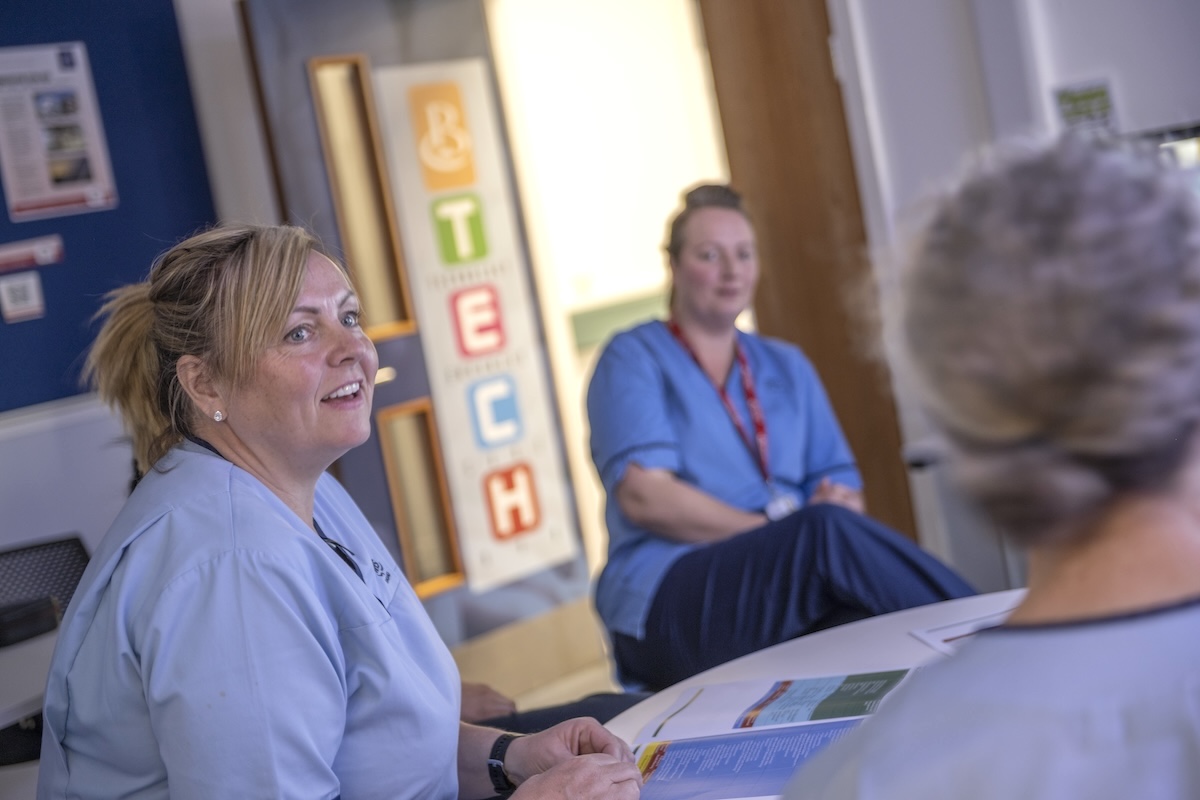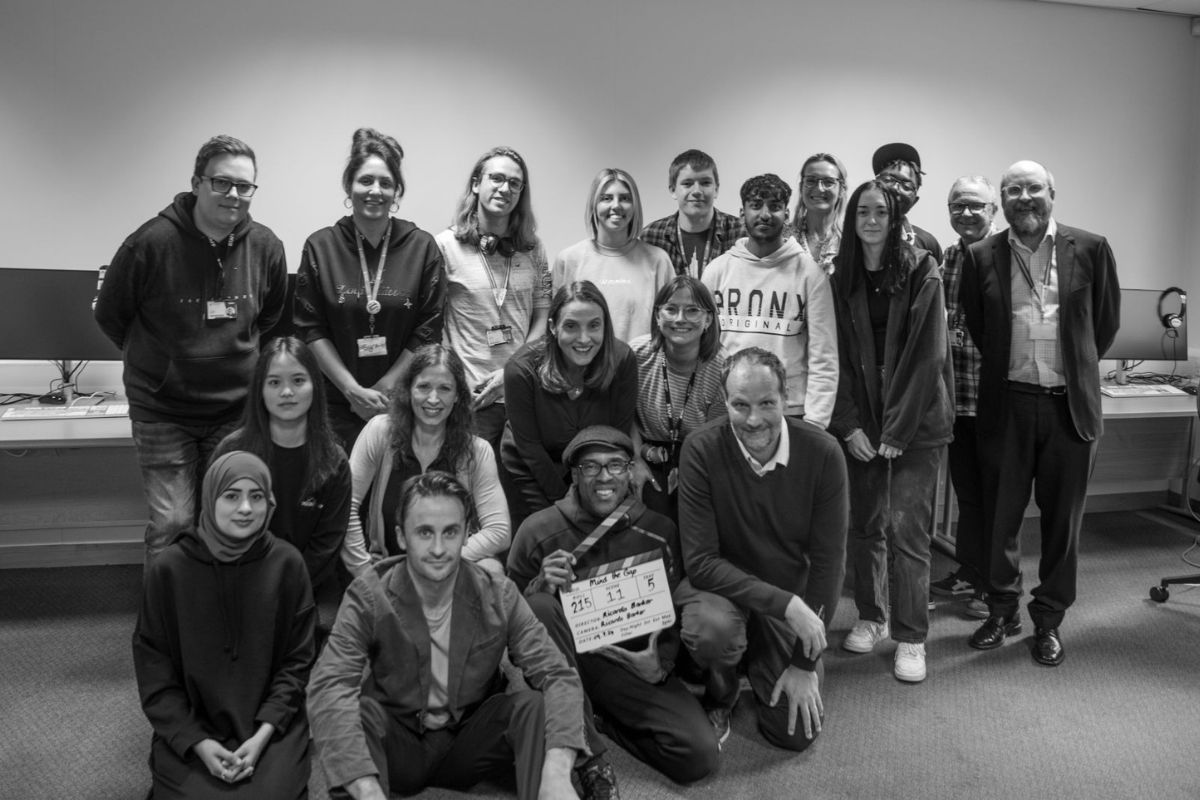ONS – Navigating numbers – ONS lesson plans will bring data to life for UK students

Students in further education are getting the chance to work with real data, on important topics such as gender pay gaps, inflation and health, as the Office for National Statistics (ONS) launches a set of lesson plans designed to boost vital data skills.
With support of the Association of Colleges (AoC), these free resources are also available via STEM (science, technology, engineering and mathematics) learning and include curriculum-linked lessons and project ideas ideal for AS and A level students of mathematics, geography, sociology and business.
The National Statistician, Professor Sir Ian Diamond, said:
“We need to do all we can to help young people gain a good understanding of how to use and read data. Not only will it help them make better-informed decisions, but it’s also a great way to boost STEM skills that are so vital to our country’s economic growth.
“As the head of an organisation that relies on a highly skilled workforce, I’m only too aware of how important it is to maintain a talent pipeline. Further education institutions play a vital role in addressing STEM shortages, so we’re very keen to help them find new ways of bringing these subjects to life and showing students how relevant they are to everyday life.”
The resources are designed to fit into the class time teachers have available and are a starting point for students to create their own enquiry-led project, using the tools and datasets provided, combined with independent research.
Each toolkit is designed around a specific ONS tool or dataset. For example, students will be able to discover how inflation is calculated and the implications it has for consumers, businesses and policymakers.
The health and well-being toolkit gives students access to raw data and the ONS Health Index Tool, allowing them to analyse and interpret health and well-being trends within a local area or across different regions. The other three toolkits focus on the gender pay gap, census and business.
Eddie Playfair, Senior Policy Manager for the Association of Colleges, said:
“The Association of Colleges is pleased to have been involved in the shaping of these new resources. College students and their teachers will welcome these topical and thematic materials which will help them develop a well-informed and critical approach to understanding social and economic data. We look forward to continuing to support and inform the educational work of ONS.”
The ONS data education programme is part of a wider set of new and exciting ONS projects, from playground surveys to how-to videos and an educational webinar series. By creating these educational pathways, across a range of ages, the ONS hopes to support an integrated skills system and inspire more people to engage with data in the UK.
Ends
Notes to editors











Responses